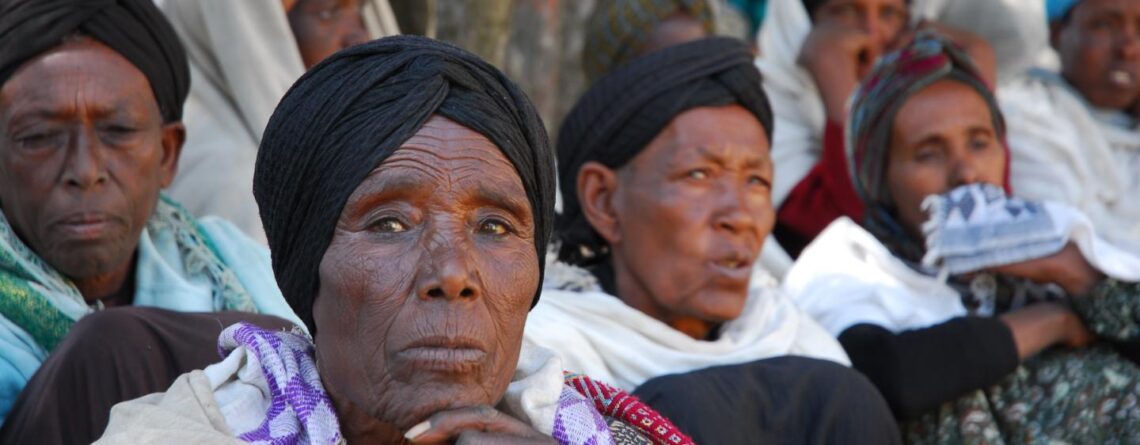The Relationship between Retirement Adjustment and Personality Traits Among Elderly in Gamo Zone, Ethiopia
By Fekadu Mekuria Deme & Girma Gura Ayele
The objective of this study was to investigate the relationship between retirement adjustment and personality traits among elderly. The study was conducted on 356 retired public servants aged 60 and above residing in Gamo zone, Southern Ethiopia. The study employed a correlational research design. A demographic questionnaire prepared by the researchers and 3 adapted instruments were used to collect the data. The data were analyzed using both descriptive and inferential statistics. The result showed that more than half of retired elderly included in the study scored below average on retirement adjustment scale. With regard to the level of retirement adjustment based on marital status, the finding revealed that married elderly adjusted to retirement relatively better to retirement than those who were widowed, divorced and single. Analysis of t-test showed that male retired elderly were more likely to adjust to retirement than female retired elderly. On the other hand, the correlation result indicated that retirement adjustment was positively and significantly correlated with openness to experience, extraversion, agreeableness, and conscientiousness personality traits. Nevertheless, it had a statistically significant negative association with neuroticism. Multiple regression analysis result revealed that openness to experience, extraversion and agreeableness personality traits significantly predicted adjustment to retirement among elderly. However, regression analysis result indicated that conscientiousness, neuroticism and openness to experience personality traits did not significantly predict adjustment to retirement. In conclusion, majority of retired elderly had difficulty adjusting to retirement and gender, marital status and personality traits of retired elderly were related with their retirement adjustment. Therefore, personality traits of the retired elderly should also be considered to help them adjust easily retirement.
Source SSRN











